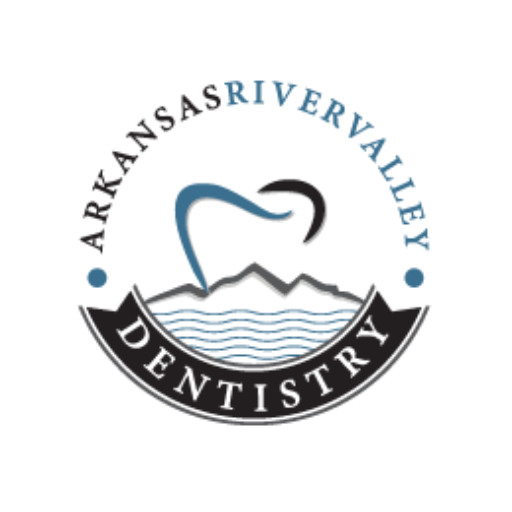Root Canal Therapy
We have perfected thousands of smiles with the help of excellent doctors and staff. We love our community and look forward to having you as part of our patient family. If you’d like to experience your own smile transformation, call us at (479) 754-3357 to schedule your first consultation.
The phrase root canal sends many dental patients running for the door, but this dental misnomer is not nearly as bad as it sounds. The root canal is actually just the interior part of tooth roots where the nerves are housed.
So, how did the painful tooth infection and its treatment come to be called a root canal?
A “root canal” is actually the infection of the interior, pulp, layer of teeth. The dental specialty that studies these pulp infections is aptly named endodontics (endo means inside and don’t means tooth). In most cases, these pulp infections originate in the root of the tooth where the outer enamel and dentin layers of teeth are weakest. For this reason, infection of the pulp layer and treatment were referred to as root canals. The name stuck, and because of the extreme pain experienced by patients with root canal infection, is now associated with dental pain.
How Does Tooth Infection Happen?
A root canal, as we established, is the infection of dental pulp, the interior tooth layer. The entire nerve system of every tooth is housed within its dental pulp. When pulp becomes infected, the nerve is directly affected leading to severe pain. Teeth are made to protect this sensitive interior with two hard outer layers: enamel and dentin. Enamel is the hardest substance in the body, and dentin is slightly less dense providing support for the exterior layer of enamel. Nestled inside the tooth is the pulp made up of the nerves and soft tissue. In order for infection to reach this layer, it has to go through the two outer layers first. As previously stated, this happens most often with infection below the gum line in the root of the tooth. The protective layers are thinnest here, and decay quickly reaches the interior. However, left untreated any tooth decay has the potential to become a tooth infection regardless of where it originates on the tooth. Some of the most common symptoms of root canal infection include:
- Severe toothache (sharp stabbing pain when tooth is used, and dull constant throbbing)
- Extreme sensitivity to changes in temperature that do not quickly abate
- A sore, swelling, or pus in the gums around one tooth
- Dark discoloration of a single tooth
Root canal therapy is a three step process, and is typically completed over the course of two appointments.
What is the Root Canal Treatment Process?
Removing infection: The first priority is to remove the infected tissue inside the tooth. This is the source of patients’ pain, and removing this layer significantly reduces discomfort. To do this, a small access hole is drilled in the tooth, and a series of progressively larger files are inserted and removed pulling out the infection, pulp, and dental nerve. In severe cases, oral or topical antibiotic treatment may be necessary before the tooth can be restored.
Refilling the tooth: Once the infection and pulp are removed, the tooth is refilled with gutta-percha, a biocompatible substance that replaces the pulp providing support for remaining dental structure.
Dental restoration: When the tooth is refilled, a small amount of enamel is removed in preparation for a dental crown. The crown provides added support for the treated tooth. We’ll take a series of images and impressions that will be used by a dental lab to create a custom dental crown. Until the custom restoration is complete, patients receive a temporary crown to protect their restored tooth. Once the custom crown is finished, the temporary is exchanged for a permanent crown.
I Think I Have a Root Canal Infection – What Should I do Next?
Contact Arkansas River Valley Dentistry right away. As is the case with most oral health concerns, we can provide more conservative treatment options, if we start treatment in the earliest stages. Our team will relieve your toothache, and restore oral health with root canal treatment in Clarksville, AR.
Get Started Today With The Latest In Dental Care



